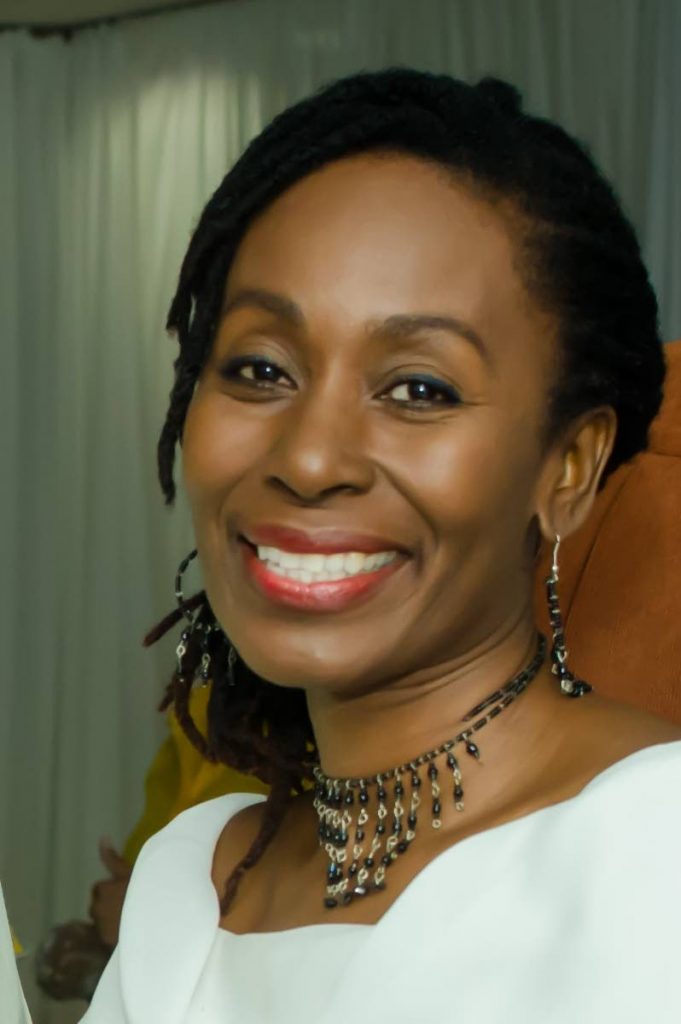Culture, resilience and November

Culture Matters
DARA E HEALY
Culture makes us resilient. It gives us hope. It reminds us we are not alone, that we are part of a larger place in life...Culture has the power to positively change the lives of thousands of people in the Caribbean, build lasting bridges and overcome language barriers...
Saadia Sanchez-Vegas, director and representative, UNESCO Cluster Office, Caribbean
THE MONTH of November is like few others in the TT calendar. It is a period that knits together our diverse culture and heritage through music, song and community festivals across the country. Yet as the month began, I continued my musings about the fragility of our nation, our complexity and the barriers that our shared cultures still need to conquer.
This week, the Divali holiday was filled with beautiful sunshine, sprinkles of rain and, at night, the flickering of lighted deyas. As children, it was common for us to celebrate with the Hindu community, either lighting up at home or going to see amazing bamboo and deya light creations in the evening. And, of course, the delicious curry dishes and sweets that would magically appear.
Beyond the traditional message of light over darkness, Divali should also raise questions about what strides have we made in being truly comfortable with each other. How many non-East Indian educators are familiar with aspects of the Ramayan, Hindu rituals or popular bhajans? Should they be?
On the radio stations, spicy chutney songs share rotation with calypsoes like The Ganges and The Nile which aim to remind us that we have more in common than we recognise. In between, parang and traditional Christmas music are already being played on the airwaves and in public spaces.
Parang is such a joyful music, another example of how our indigenous, Spanish and African cultures combined to create an entirely new form of expression that we now claim as completely TT-born.
It is a strange kind of relief to see seasonal decorations and hear the music, the promise of a return to normality. These familiar rituals are part of the anticipation we feel as 2021 comes to an end; the relief of the holiday season when we visit family and friends and for a time put aside the crime and the rising numbers of people dying from covid19.
But in these first days of November, the sun, well it’s different. The heat is perhaps the signal for the arrival of soca music, now more insistent. It is as if the music is reminding the authorities that decisions need to be made about the national festival. Carnival activities would be moving into second gear around now. In remote villages and communities, traditional Carnival masqueraders would be getting their materials ready and performing the necessary rituals. Rehearsals for major shows would be starting, if not for the restrictions of a health pandemic and a state of emergency.
During another November more than 50 years ago, the state of emergency put in place due to the Black Power Revolution came to an end. That struggle may have been headlined by people of African heritage, but for a long time the movement was a unifying and empowering force. As tens of thousands marched to the sugar belt earlier that year, they did so behind a banner that proclaimed: “Indians and Africans unite Now.”
Throughout communities, the NJAC speakers who shared their teachings on revolutionary theory or fundamental freedoms represented our two main ethnicities. In this period, the music also focused on the people and the need to address the corruption and mismanagement at the root of persistent poverty and inequality.
In TT, the resilience of our culture lies in the ability to break through barriers by better understanding the other person’s point of view.
So in case you were not sure, the answer to my question about whether non-East Indian educators should know at least one popular bhajan is yes.
November is also celebrated as African History Month in TT, critical in this time when the Black Lives Matter movement has forced a global refocus on racism and injustice. Our educators and elected leaders should know this as well, just as they should understand why indigenous peoples conduct water rituals or the meaning behind the colours of Ifa/Orisa flags.
The month of November offers us an opening, a portal into possibilities. I am willing to face it, ready to step into what life holds next. Come, let us embrace this diverse, complex but potentially healing culture of ours and conquer those barriers – together.
Dara E Healy is a performance artist and founder of the Indigenous Creative Arts Network – ICAN

Comments
"Culture, resilience and November"